
Insights
Explore expert insights on AI, Predictive Analytics, financial crime prevention and regulatory compliance. Our articles cover key topics including AML, KYC, sanctions screening, and emerging technologies - offering strategic perspectives, practical guidance, and thought leadership for organisations navigating an evolving risk and regulatory landscape with the help of the latest technology solutions.
Exploring the intersection of intelligence, regulation, and technology in a changing world.
Select Category
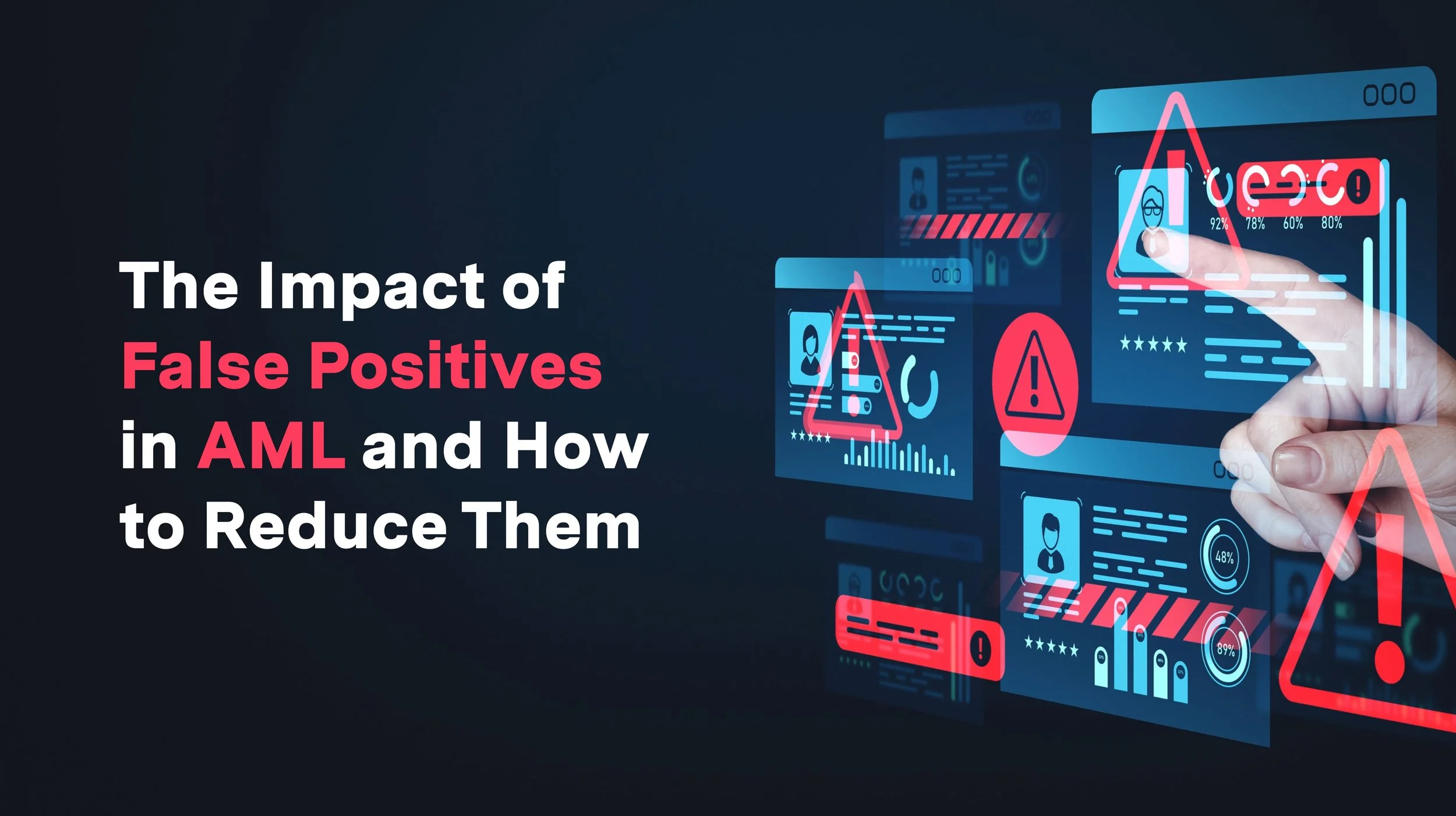
The Impact of False Positives in AML and How to Reduce Them
False positives in Anti-Money Laundering (AML) not only waste compliance resources — they also risk damaging customer relationships and delaying genuine alerts. This guide explores the root causes of AML false positives and offers practical, AI-driven strategies to reduce them while enhancing efficiency and customer trust.
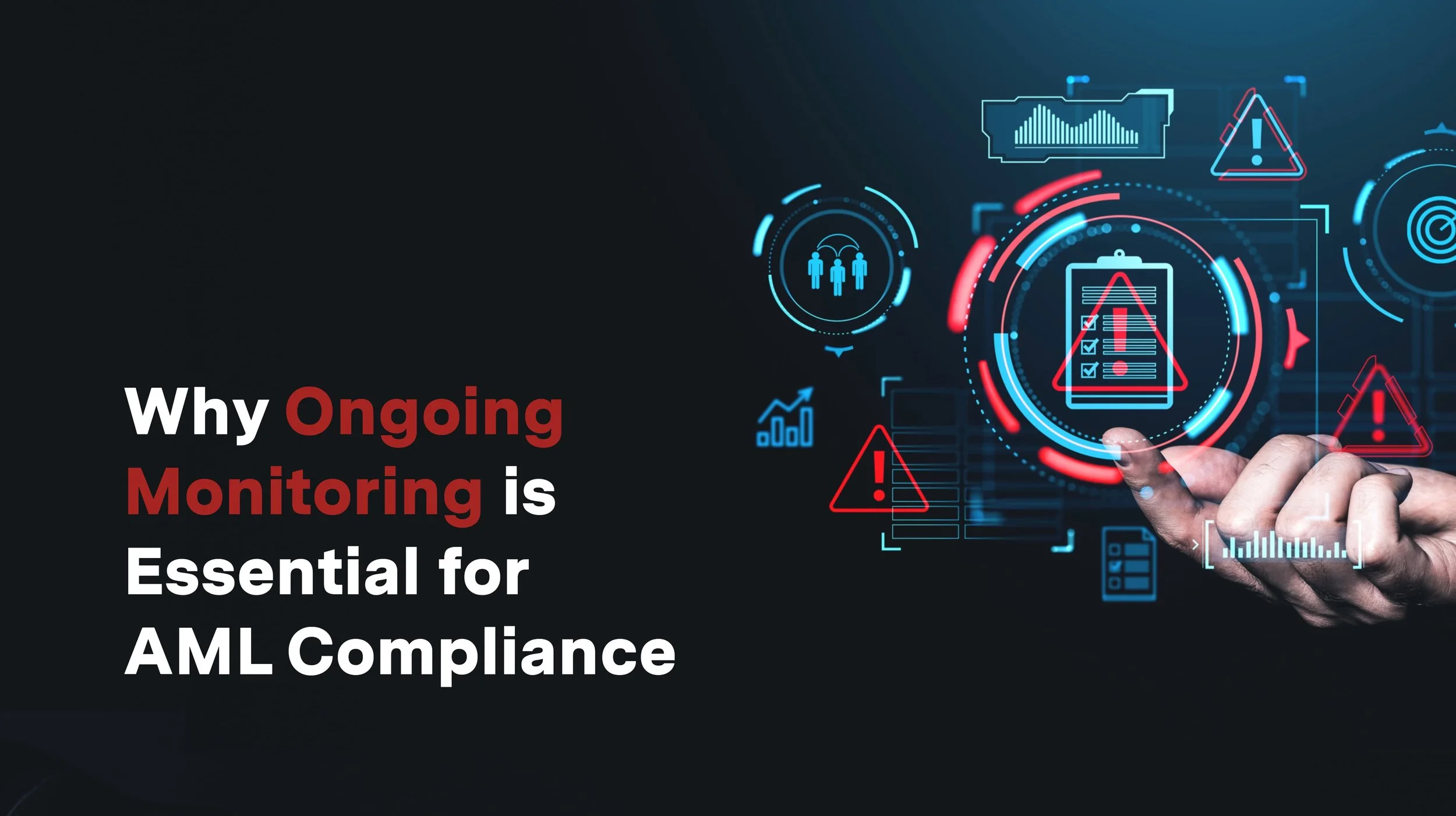
Why Ongoing Monitoring is Essential for AML Compliance: Key Benefits and Strategies
Ongoing monitoring is a critical pillar of any AML compliance framework. This article explores the core benefits of continuous surveillance, from real-time detection of suspicious activity to enhanced risk assessment and regulatory alignment. Learn how automation, risk profiling, and regular data updates can transform your compliance strategy and protect your institution from evolving financial crime threats.
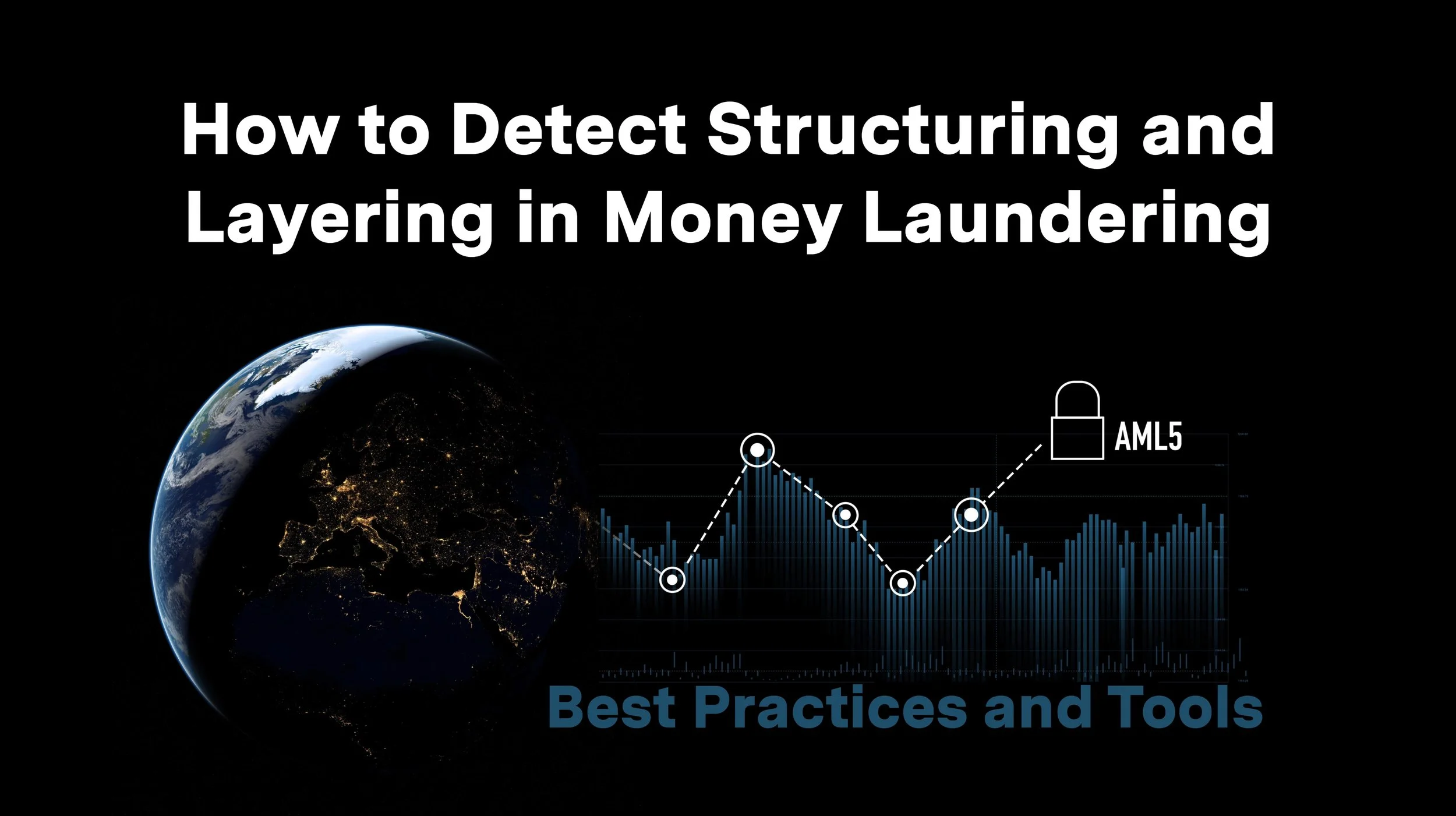
How to Detect Structuring and Layering in Money Laundering: Best Practices and Tools
Structuring and layering are core techniques in the money laundering cycle — and among the most difficult to detect. This guide explores how modern compliance teams can spot these behaviours using red flag indicators, real-time monitoring, and AI-driven analytics.
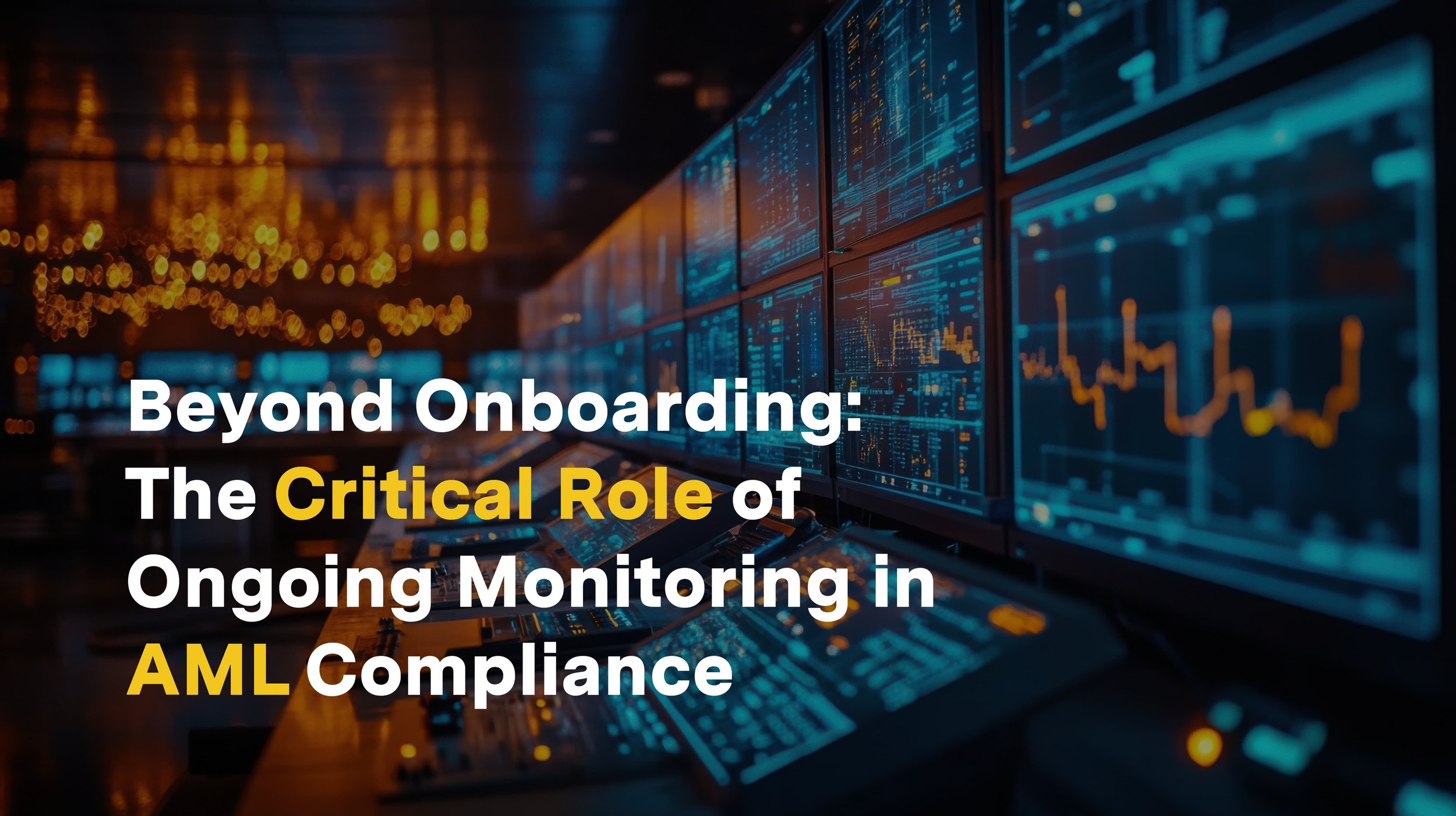
Beyond Onboarding: The Critical Role of Ongoing Monitoring in AML Compliance
Ongoing monitoring is a critical element of AML compliance, helping financial institutions detect and manage money laundering risks in real time. This article explores the key components, best practices, and technologies that support effective ongoing monitoring—while highlighting the consequences of non-compliance and the benefits of a risk-based approach.

Understanding Fin Crime: Compliance and Risk Management Guide
Financial crime costs trillions globally and threatens institutional integrity. This guide breaks down major threats like fraud and money laundering, and outlines key compliance measures, risk management tactics, and the role of AI and collaboration in defending against evolving financial crime risks.

Mandatory or Optional? Understanding When to Apply Enhanced Due Diligence in Sanctions Compliance
Enhanced Due Diligence (EDD) plays a pivotal role in sanctions compliance, but knowing when it becomes mandatory versus when it's an optional safeguard can make the difference between regulatory resilience and reputational risk. This article demystifies the regulatory triggers—such as PEPs, high-risk jurisdictions, and complex ownership structures—and outlines how financial institutions can strategically combine EDD with sanction screening for more effective risk mitigation. Drawing on best practices, legal obligations, and real-world case studies, it offers actionable guidance for compliance professionals navigating today’s complex financial crime landscape.
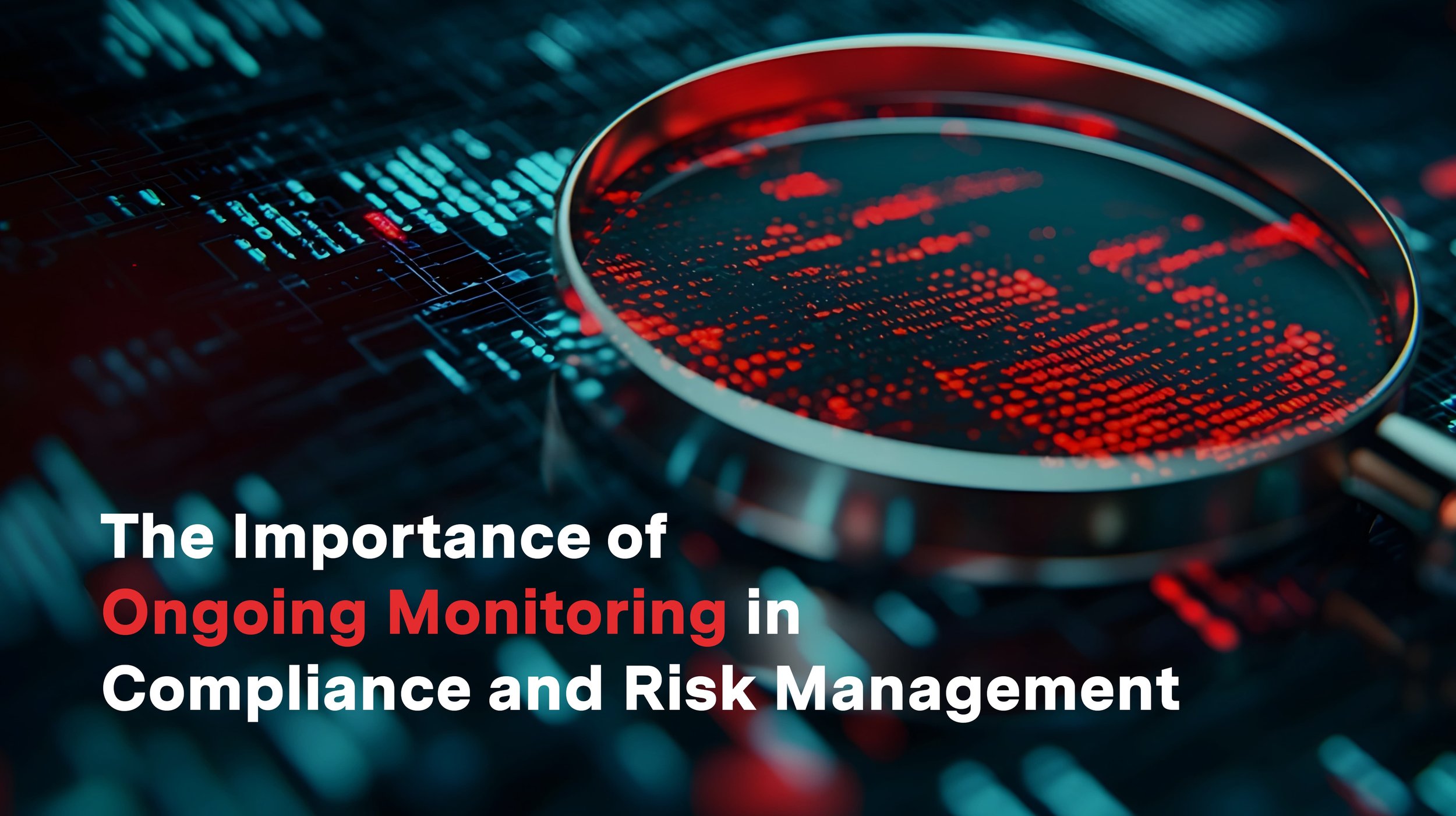
The Importance of Ongoing Monitoring in Compliance and Risk Management
Explore how ongoing monitoring fortifies compliance and risk management. Understand its role in AML and KYC, key components, and the impact of technology on proactive risk detection.
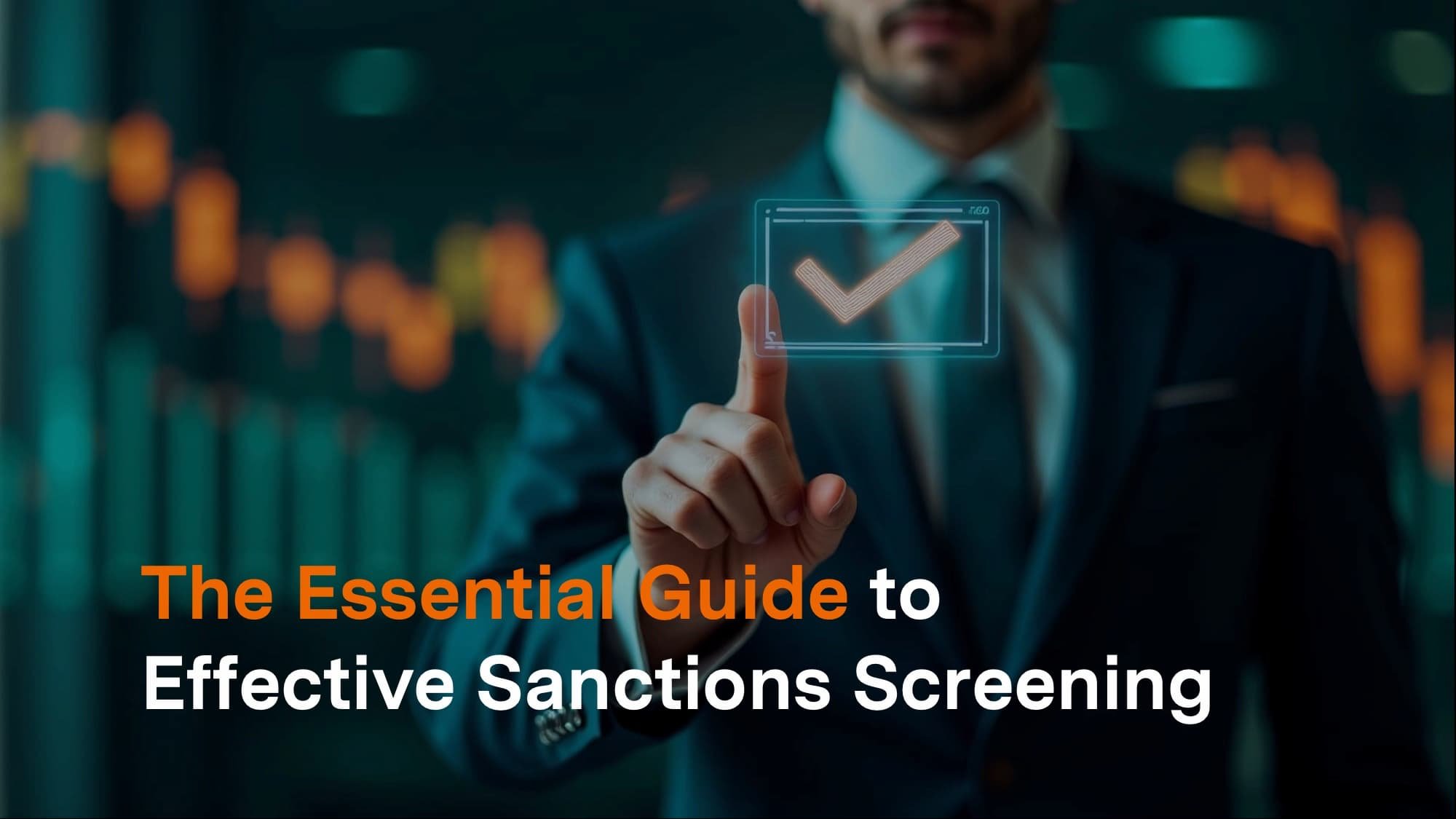
The Essential Guide to Effective Sanctions Screening
Explore the crucial role of sanctions screening in compliance. Discover best practices to protect your business and ensure regulatory adherence.
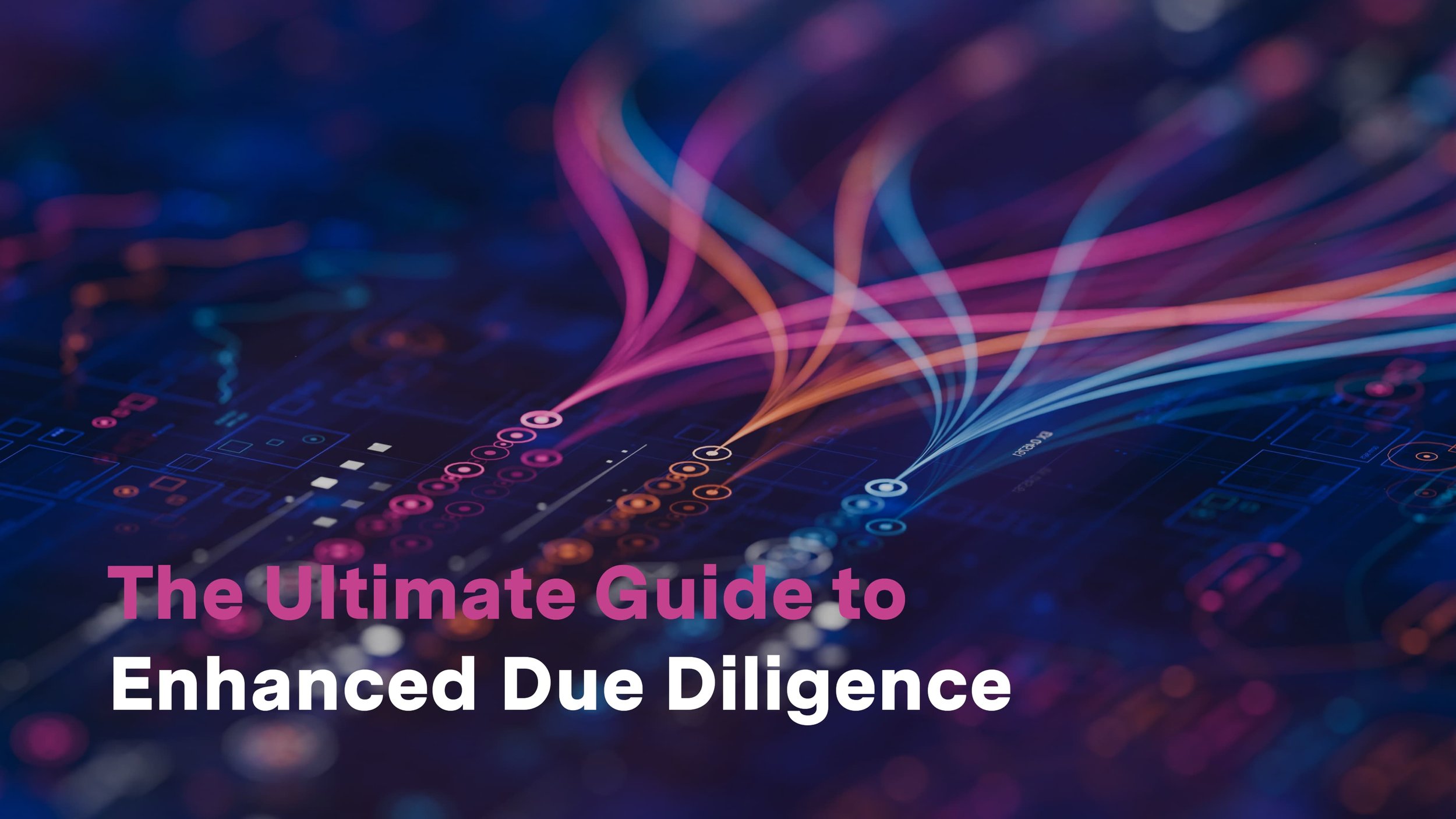
The Ultimate Guide to Enhanced Due Diligence (EDD)
Dive into the essentials of Enhanced Due Diligence (EDD) and its pivotal role in compliance. Understand how EDD processes help identify high-risk customers, ensure regulatory adherence, and protect your business from financial crimes.

Guide to KYC: Processes, Requirements, and Benefits
Understand the essentials of KYC processes, requirements, and benefits. Learn how robust identity verification enhances compliance and builds trust.
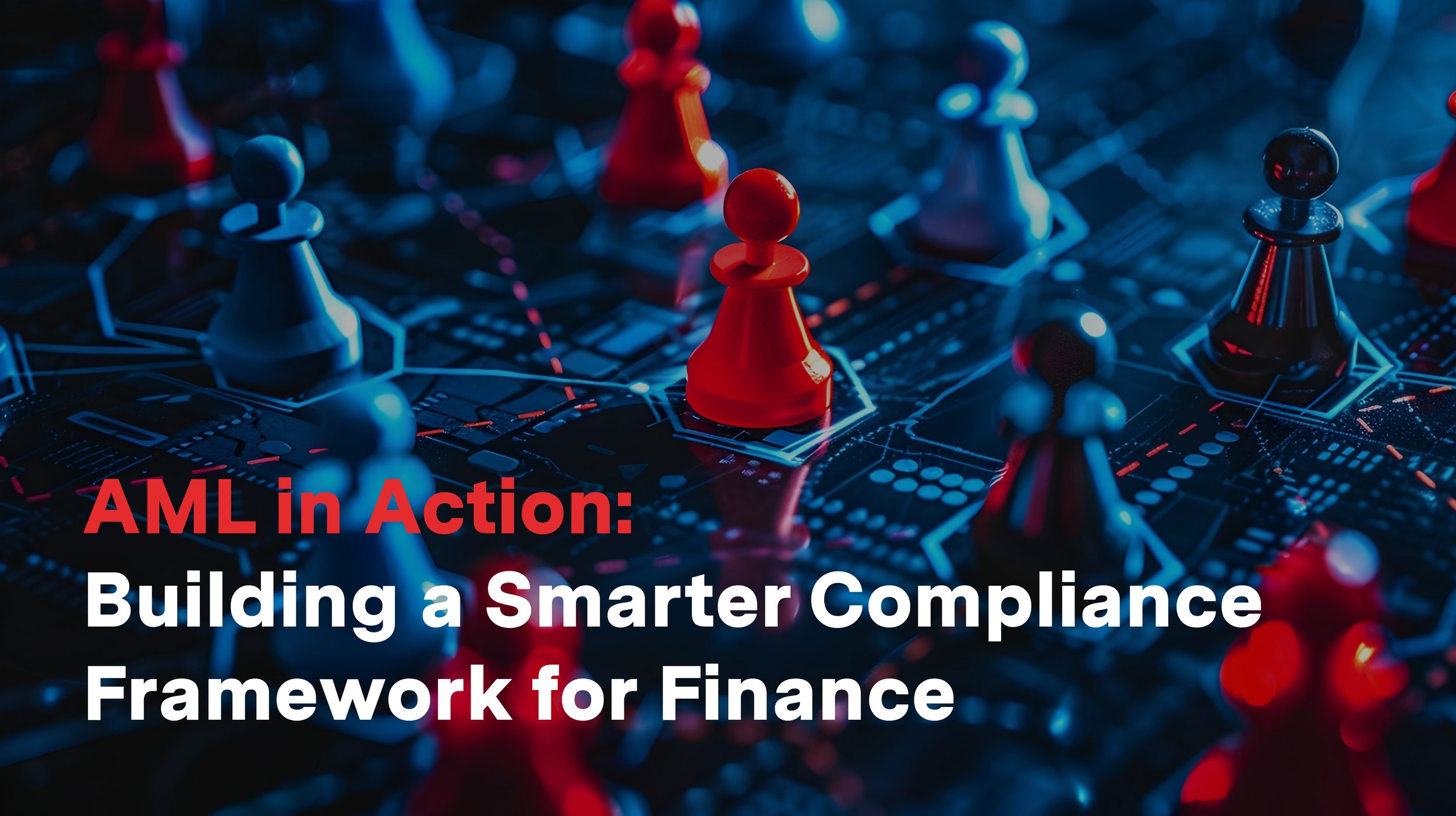
AML in Action: Building a Smarter Compliance Framework for Finance
Discover the critical role of money laundering checks in the financial industry. Understand best practices, compliance obligations, and how robust AML measures protect your institution from financial crime.

What Are the Key Challenges in PEP Screening and How Can They Be Solved
Politically Exposed Person (PEP) screening is a critical pillar of anti-money laundering (AML) compliance—but it’s also one of the most complex and misunderstood areas. From high false positive rates to inconsistent global definitions and difficulties identifying close associates, the challenges can overwhelm even experienced compliance teams. This article breaks down the real risks in PEP screening and provides actionable solutions, including how to leverage advanced technology, enhance KYC processes, and implement a risk-based approach that reduces manual workload while ensuring full regulatory alignment.

Business Rules vs Machine Learning: What Works Best in Compliance?
In today’s rapidly evolving regulatory environment, compliance teams face a critical choice: should they rely on traditional business rules or embrace machine learning? Business rules offer clarity and control, while machine learning provides adaptability and deep insight through data-driven decision-making. This article explores the pros and cons of each approach, outlines key compliance use cases, and shows how combining both can create a scalable, responsive compliance framework. Whether you're improving anti-money laundering (AML) systems or reducing false positives, understanding these technologies is essential for staying compliant and competitive.
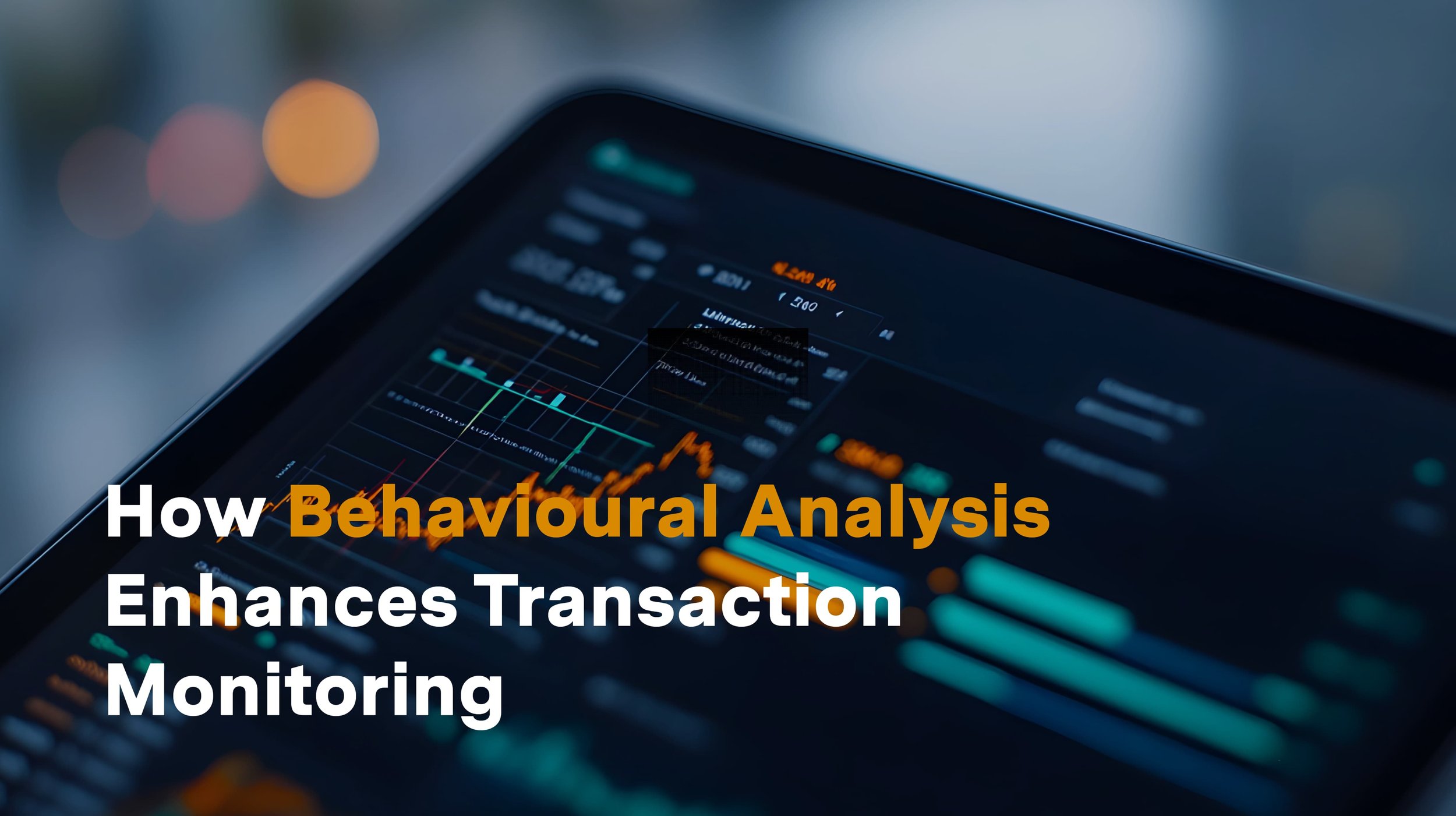
How Behavioural Analysis Enhances Transaction Monitoring
Behavioural analysis is redefining transaction monitoring by detecting subtle anomalies in customer activity that rule-based systems often miss. By understanding behavioural patterns, financial institutions can dramatically improve fraud detection accuracy, reduce false positives, and build dynamic risk profiles. This article explores how AI-powered behavioural analysis strengthens AML efforts, enhances real-time monitoring, and supports compliance with evolving regulations like PSD2 and FATF guidance. Learn how leading banks are using it to proactively identify threats and improve operational efficiency.
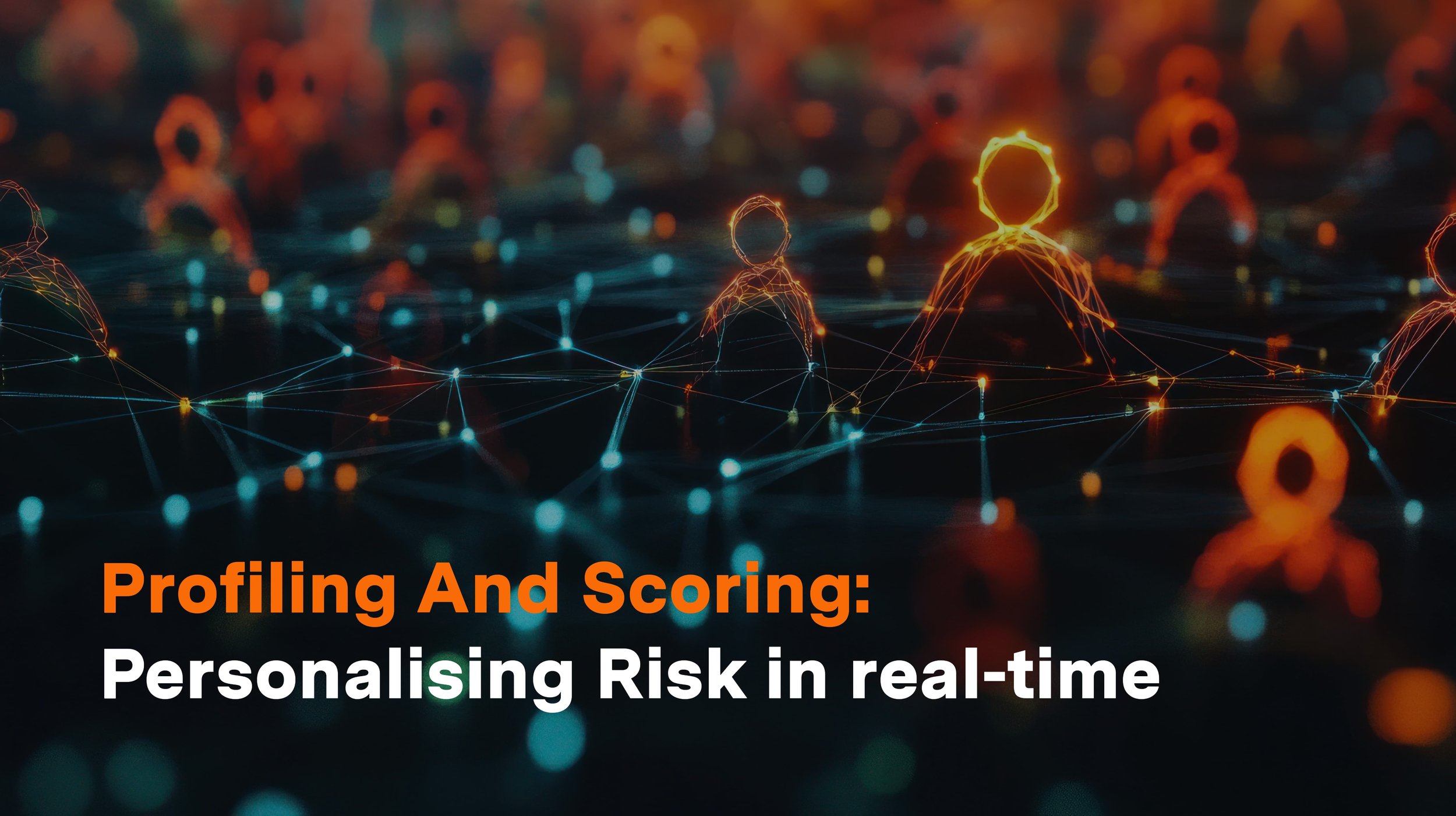
Profiling And Scoring: Personalising Risk in real-time
Real-time risk profiling and personalised scoring are transforming how financial institutions assess, manage, and respond to risk. By leveraging AI, behavioural analytics, and continuous transaction monitoring, organisations can shift from static models to dynamic, individualised risk assessments. This article explores the core elements of real-time profiling—customer behaviour, transaction patterns, and external factors—alongside the technologies driving these capabilities. Learn how to enhance compliance, reduce exposure to financial crime, and stay ahead of emerging threats with smarter, adaptive risk models.
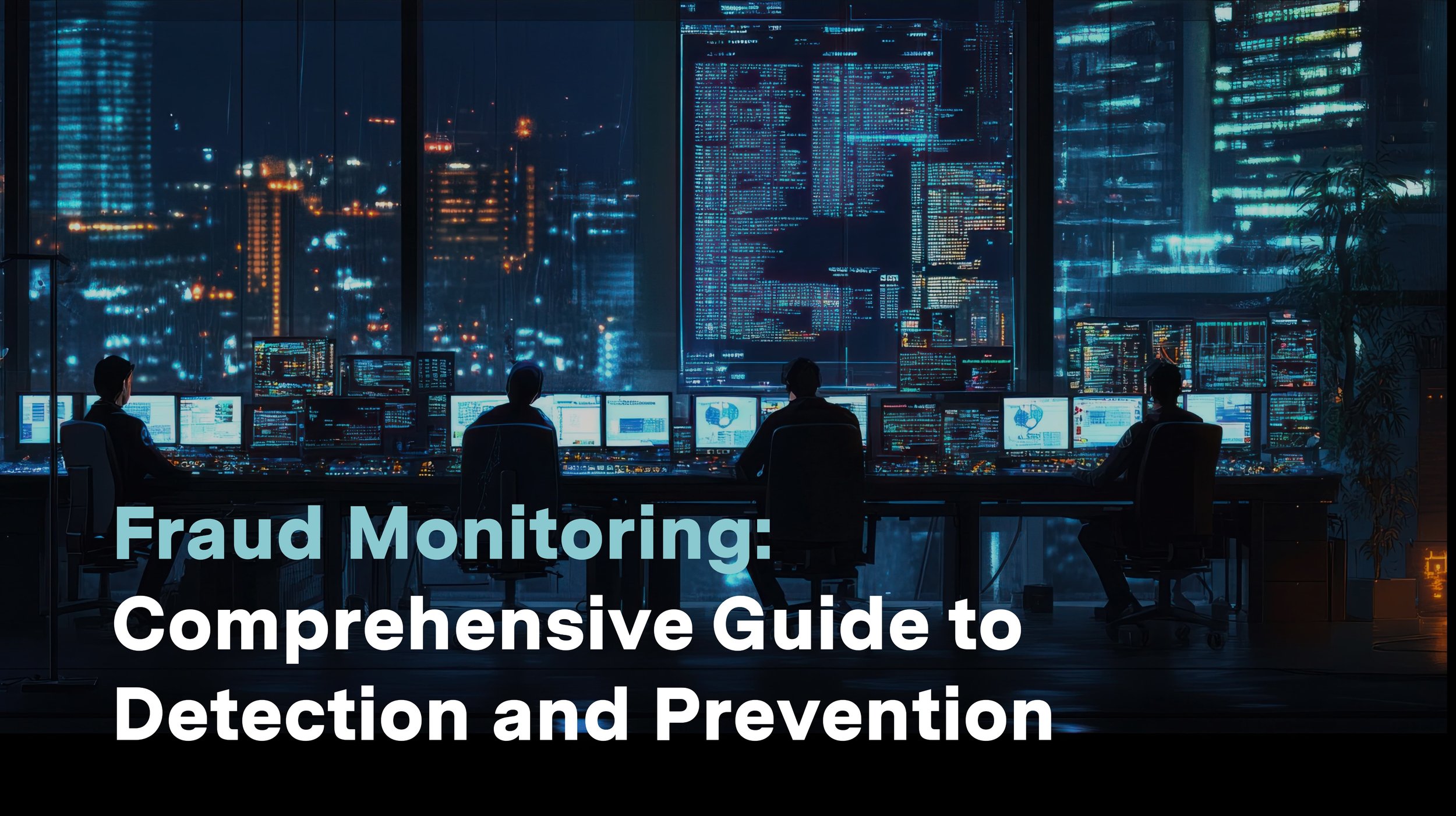
Fraud Monitoring: Comprehensive Guide to Detection and Prevention
As digital transactions surge, so do opportunities for fraud. Businesses must stay ahead with intelligent fraud monitoring systems that detect and prevent threats in real time. This guide explores the foundations of fraud monitoring—unpacking how technologies like AI, machine learning, and behavioural analytics power smarter detection. From stopping authorised push payment fraud to reducing false positives and meeting evolving regulatory demands, we break down what organisations need to know to future-proof their fraud defences and protect customer trust.
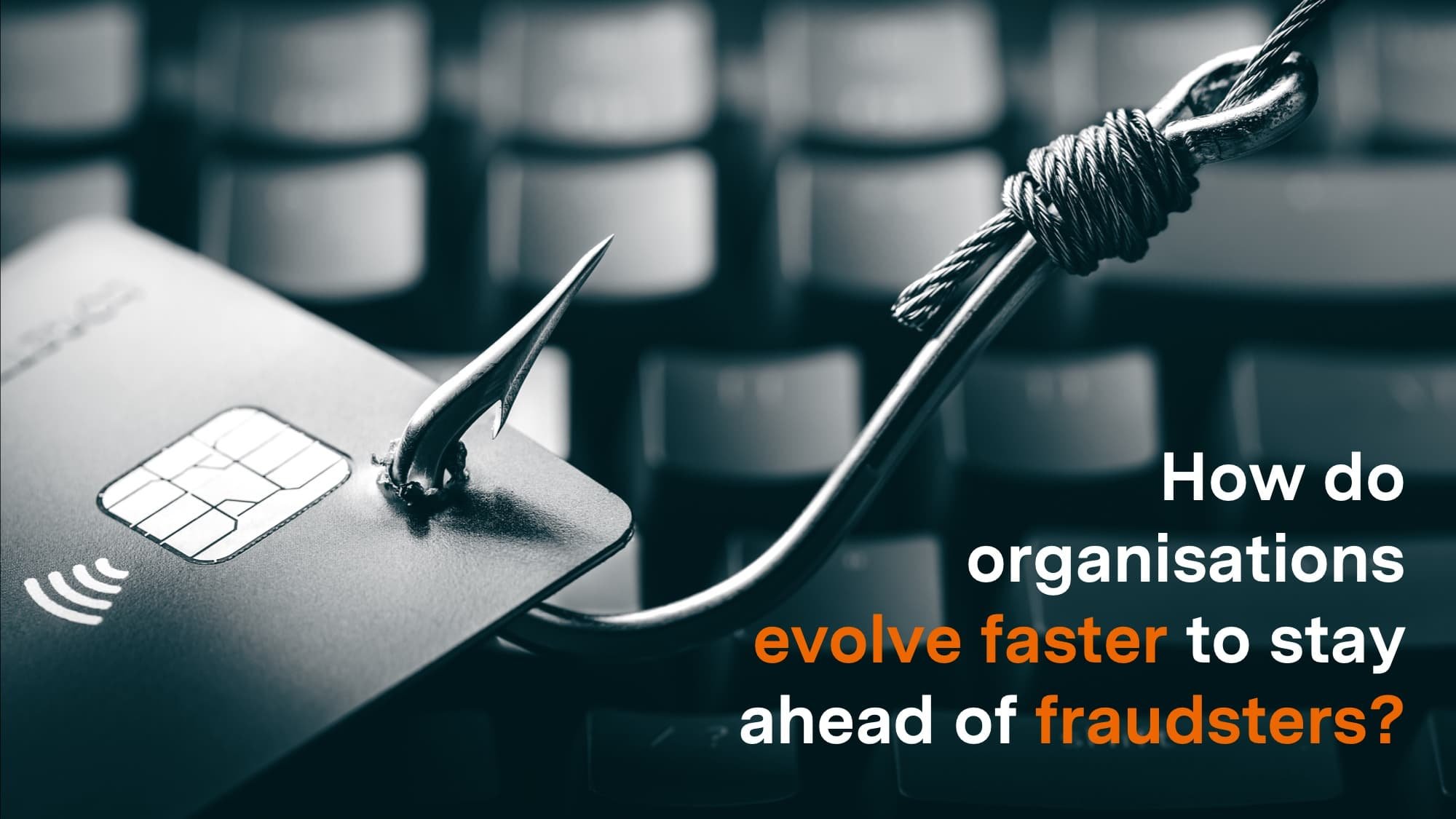
How do organisations evolve faster to stay ahead of fraudsters?
Staying ahead of fraudsters is an ongoing challenge in the dynamic and ever-evolving world of financial services.As technology advances at an exponential rate, so do the tactics of criminals, demanding a proactive, adaptive, and technology-driven approach from those in the field of compliance.
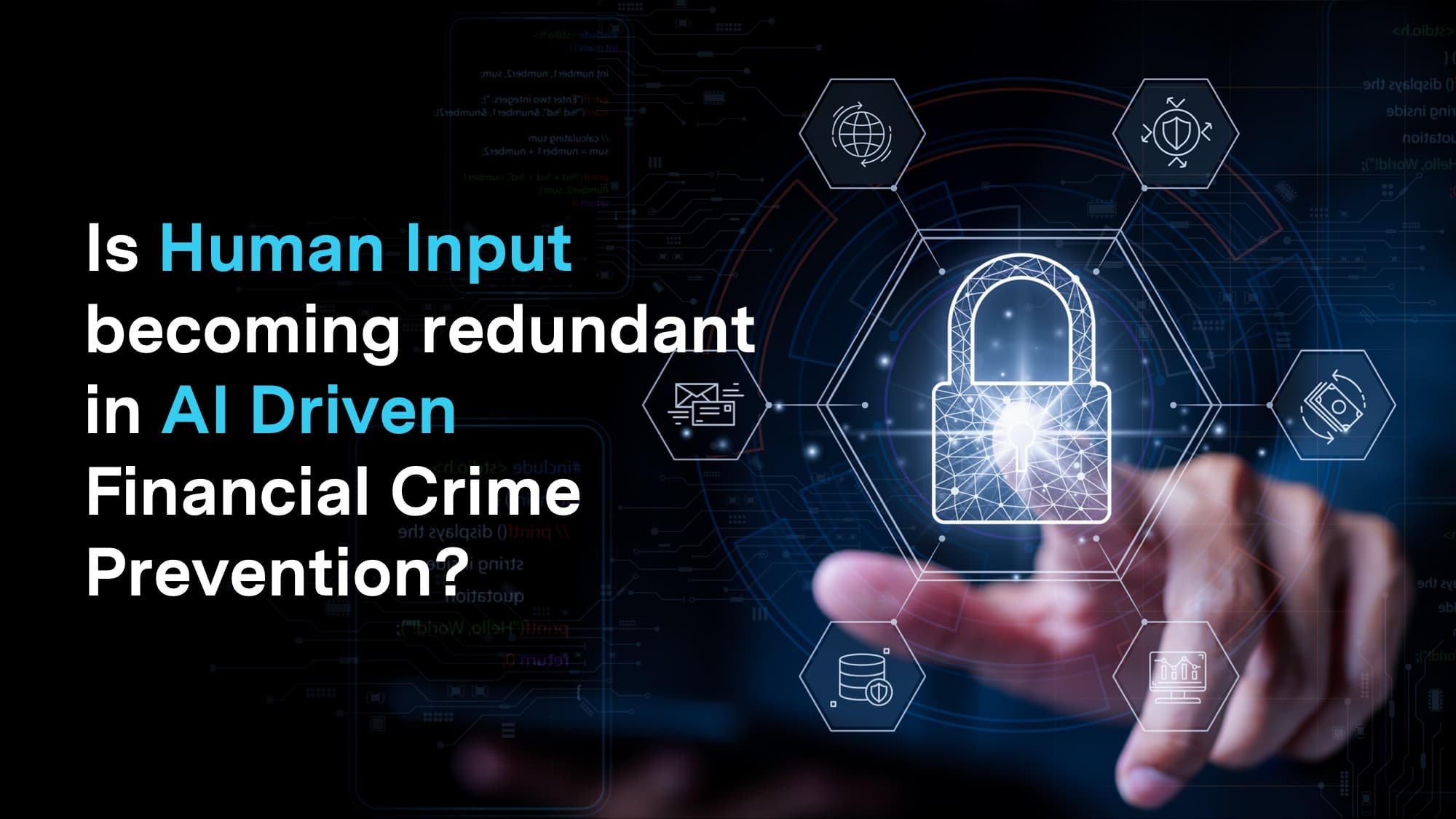
Is Human Input becoming redundant in AI-Driven Financial Crime Prevention?
Artificial intelligence (AI) is transforming financial crime prevention (FCP), but human expertise remains essential for contextual understanding, nuanced judgment, and ethical decision-making. Learn why human-AI collaboration is key to effective FCP.

What is Adverse Media Search and why is it used in financial services organisations?
Adverse Media Search is a process that involves searching publicly available sources of information to identify negative or adverse news about individuals or companies. This type of search is commonly used by financial services organisations, such as banks and insurance companies, as part of their risk management and compliance programs.
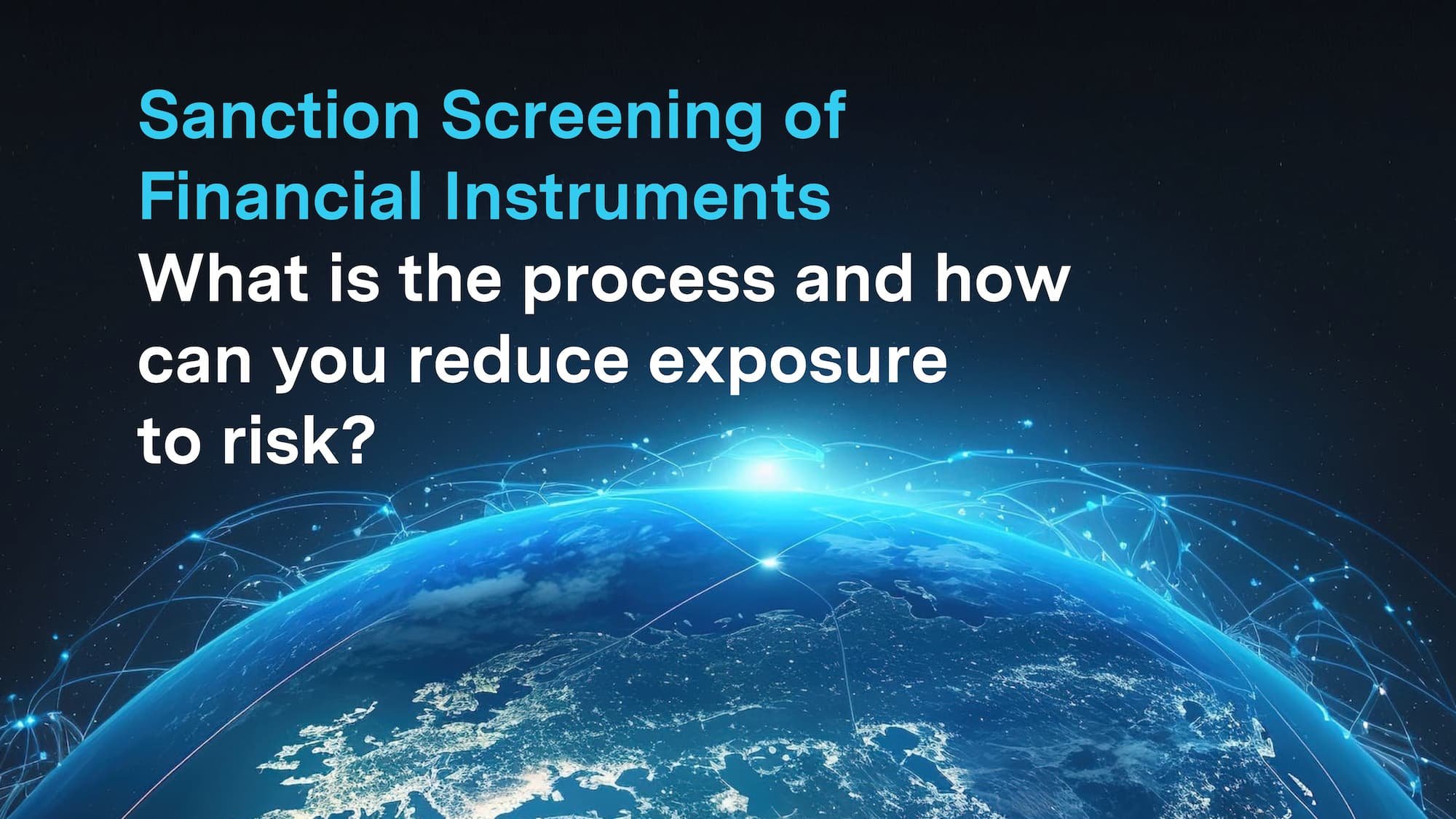
Sanction Screening for Financial Instruments
How does asset screening reduce a bank's exposure to risk?
Asset management departments in the financial services industry have to ensure that they neither hold any sanctioned positions/investments nor that they cooperate with sanctioned parties (legal entities or individuals).

